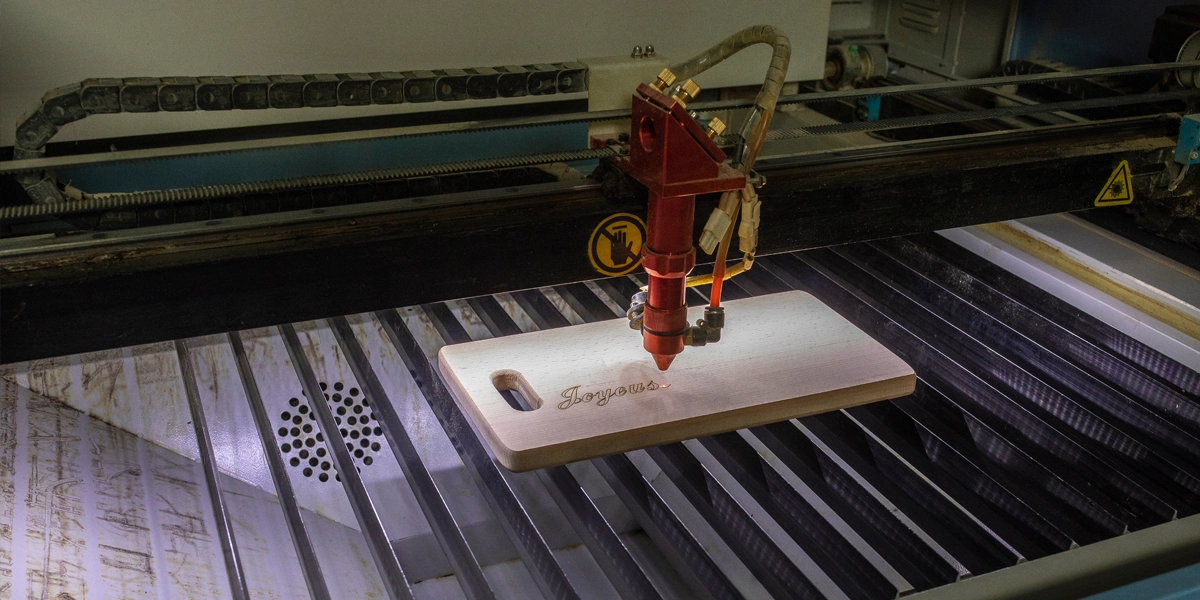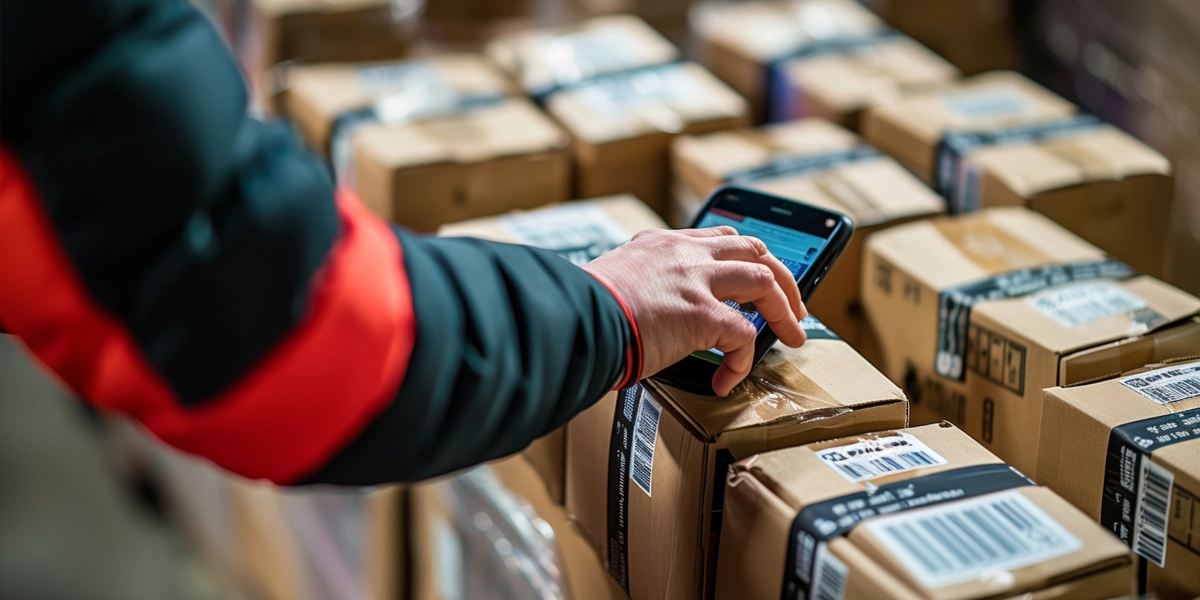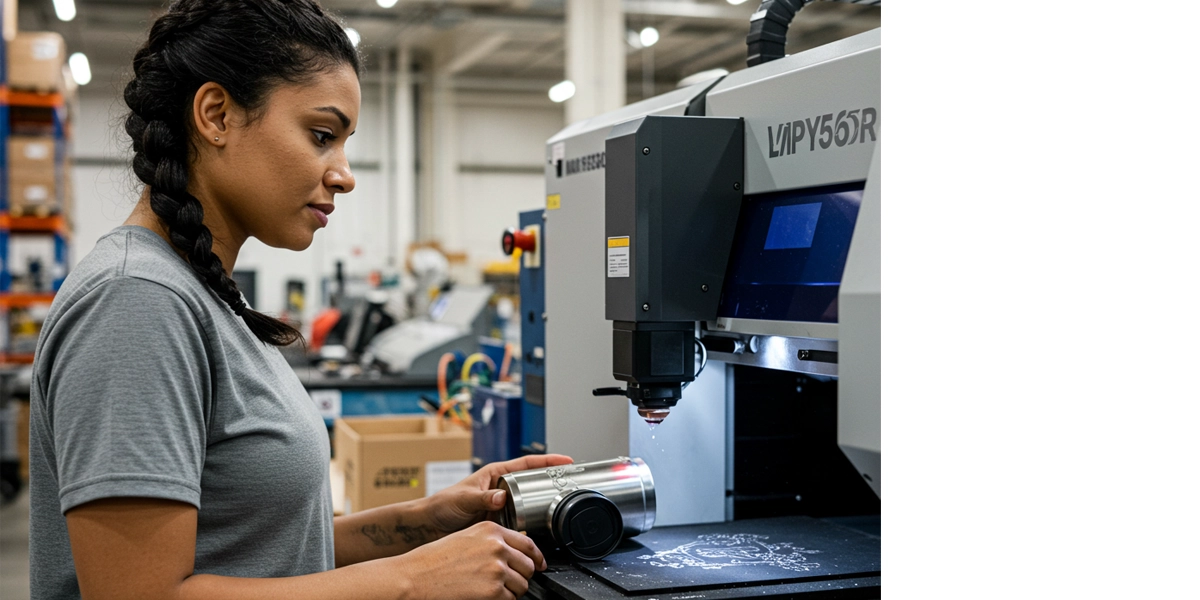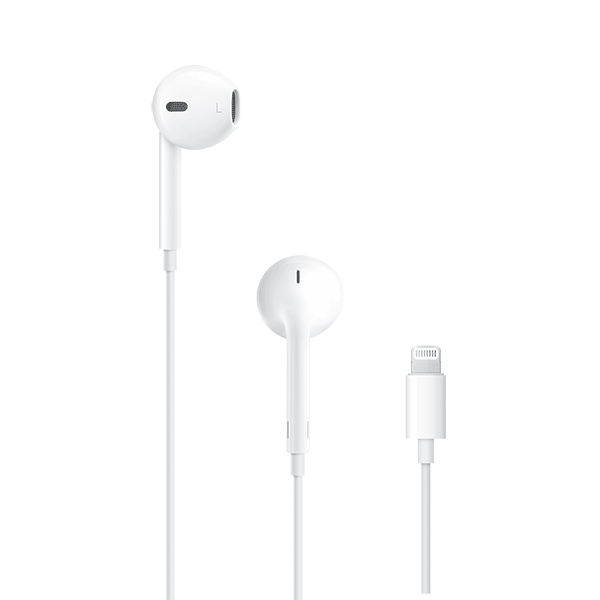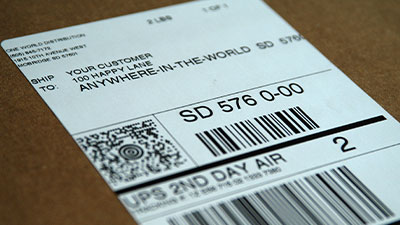In This Article:
Product customization has become an increasingly popular trend in ecommerce. By allowing customers to personalize their purchases, businesses can tap into a whole new level of consumer engagement and loyalty. But beyond just enhancing the customer experience, product customization can also have a significant impact on your bottom line. Discover 7 ways that offering product customization can skyrocket your ecommerce sales.
1. The Power of Personalization in Ecommerce
Personalization allows you to tailor your products, services, and content to meet individual customer needs. Top retailers like Amazon create a dynamic, personalized shopping experience for each customer using their search behavior and buyer persona, from product recommendations to tailored offers. Brands that don’t offer personalized shopping experiences will struggle to convert new visitors and keep up with competitors.
A 2021 McKinsey survey found that 71% of consumers expect personalized communications and products/services from brands. Furthermore, 76% of consumers get frustrated when a brand’s website lacks any form of personalization.
Utilizing ecommerce personalization tools will help you deliver tailored shopping experiences for each shopper, but adding product personalization is the ultimate way to convert more shopping and increase sales.
The research proves that product personalization is the next big trend in ecommerce:
- Research by Forrester found that 77% of consumers have chosen, recommended, or paid more for a brand that provides product personalization.
- A study by Salesforce found that 74% of Gen Zers are interested in personalized products (vs. 67% of Millennials, 61% of Gen Xers, and 57% of Baby Boomers).
- According to Forbes, consumers are willing to pay, on average, a 25% premium for personalized or customized items.
Real-World Examples
Let’s delve into some real-world examples:
- Amazon: As a leader in the ecommerce industry, Amazon uses personalization remarkably by offering product recommendations based on browsing behavior and purchase history.
- Nike: Nike gives customers the chance to design their own shoes, providing a unique and personal product.
- Sephora: Shoppers can take beauty quizzes and use innovative tools like Color IQ and Fragrance Finder to match with products that align with their buyer profile.
Whether it’s using personalization tools to deploy tailored offers or product recommendations or integrating product personalization software to allow customers to create customized products, personalization in ecommerce is not an option but a necessity for businesses seeking to thrive in today’s competitive market environment.
2. How Product Customization Drives Sales Growth
You’ll be shocked at the results once you begin to use product personalization on your online store. Many successful brands have already started to offer product personalization to boost sales growth. A great example is Nike’s Nike by You platform, where shoppers can design their own shoes. This kind of personal touch has not only made Nike stand out from its competitors but has also helped them to create a more unique and compelling shopping experience.
Implementing product customization can help improve your ecommerce business in numerous ways:
- Better Connection with Customers: People are more likely to connect with a brand that offers a personalized shopping experience, which can lead to more sales and higher revenue. An Accenture report revealed that 91% of consumers are more likely to shop with brands that recognize, remember, and provide relevant offers and recommendations.
- Perceived Value: Customized products often seem more valuable, allowing businesses to charge higher prices and make bigger profits. A study by Deloitte found that 20% of consumers would be very willing to pay a premium for products that they had personalized.
- Fewer Returns: When customers can customize their orders, they’re less likely to send them back, which saves money on handling returns.
Creating an easy and enjoyable customization process is crucial. Look at the example of Casetify, an online store that specializes in customizable phone cases. By adding a simple design tool to their website, they’ve made it super easy for shoppers to create their own unique designs—and this has led to more people buying from them.
The main point here? Offering product customization isn’t just about meeting customers’ needs—it’s about empowering them to express themselves. This customer-focused approach not only helps you sell more but also builds stronger loyalty towards your brand.
3. Leveraging Technology: The Role of Product Personalization Software
There are many kinds of ecommerce personalization tools to help you start improving your online shopping experience. Whether it’s to start A/B testing different offers, optimizing search functions, or building rich customer profiles, it’s best to start booking demos or trying trial runs to see which ones are ideal for your business.
Key Benefits for Businesses and Customers:
- Enhanced Operational Efficiency: Product personalization software automates complex tasks involved in custom orders, reducing mistakes and speeding up the process.
- Scalability: Ecommerce brands can expand their personalization options without needing more manual work or complicated operations.
- Rich Customer Data: Personalization software gives valuable information about customer preferences, helping businesses make better choices about inventory and marketing strategies.
- Improved User Experience: Customers can easily customize products through user-friendly interfaces, turning it into an enjoyable experience instead of a difficult one.
Combining ecommerce technology and product personalization will help you create the ultimate online shopping experience. By using these innovative solutions, businesses not only meet but surpass customer expectations while also improving their efficiency. Check out our guide on the top 10 ecommerce personalization softwares to learn more.
4. Enhancing Customer Experience through Personalized Products
In the world of online shopping, improving the customer experience is crucial. One effective strategy that consistently delivers results is offering personalized products. Here’s how customization can enhance the customer journey:
- Tailored Interaction: When customers have the ability to customize a product according to their preferences, it creates a sense of involvement and connection. This personalized interaction turns a simple purchase into a memorable experience.
- Emotional Connection: Customized items often hold sentimental value for customers, strengthening the emotional bond between your brand and them. 50% of consumers believe that customized products make ideal gifts/presents.
- Unique Offerings: Stand out from competitors by offering one-of-a-kind products in a crowded market. This can lead to positive word-of-mouth promotion and repeat purchases.
The Impact of Personalized Products on Sales Revenue
Real-life examples demonstrate the tangible benefits of product personalization on sales revenue:
- L.L.Bean is more relevant than ever, thanks to offering product personalization. They just celebrated their 80th anniversary, but the iconic brand has maintained relevance with a younger audience. Shoppers can customize tote bags with monograms, which has helped create a natural influencer program and sparked huge increases in organic orders. Amanda Hannah, head of external communications and brand engagement at L.L.Bean, said that the brand has seen a 35% spike in sales of the tote since January 2024.
- Nike has had huge success with their NIKEiD store, an online marketplace where shoppers can customize their own footwear. These shoes sell at a 30% to 50% premium over what you might buy in a store, and there are no discounts, so Nike has seen a nice margin pop. Nike has beat their revenue projections in 2023, reporting revenue of $12.4 billion in the third fiscal quarter, a 14% increase year over year. Nike reported that its direct sales, which encompass sales from its own website and company-owned stores, performed exceptionally well. They saw a 17% increase year over year, totaling $5.3 billion, driven by a higher frequency of purchases by members and growing sales in stores across all regions. Additionally, the brand’s digital sales experienced a 20% increase.
These success stories highlight the profitable combination of customization and customer satisfaction, proving that personalized products are no longer just a nice-to-have but essential for brands striving to stay relevant and boost D2C ecommerce sales.
5. Building a Strong Brand Identity with Product Customization
New ecommerce brands emerge every day, running pay-per-click campaigns or social media ads to try to convert new shoppers. Product personalization is not only a profitable but a practical way to stand out from the competition. By allowing customers to personalize your products, you can create a unique and memorable experience that sets your brand apart.
The Power of Product Customization
Product customization offers several benefits for ecommerce brands:
- Increased Customer Engagement: When customers are actively involved in the design process, they become more invested in the final product.
- Higher Perceived Value: Personalized items are often seen as more valuable and meaningful, leading to higher customer satisfaction.
- Enhanced Brand Loyalty: By offering customization options, you’re giving customers a reason to choose your brand over competitors.
How to Successfully Implement Product Customization
Here are some tips for integrating product customization into your ecommerce strategy while staying true to your brand:
- Know Your Target Audience: Understand who your customers are and what they value. This will help you determine which customization options will resonate with them.
- Maintain Brand Consistency: While it’s important to give customers creative freedom, make sure your brand’s visual elements and messaging remain consistent throughout the customization process.
- Streamline the User Experience: Invest in user-friendly tools and technologies that make it easy for customers to personalize their products. A smooth and intuitive customization process can significantly impact customer satisfaction.
- Collect Feedback and Iterate: Continuously gather feedback from customers who have used your product customization features. Use this information to make improvements and refine your offerings over time.
6. Data-Driven Personalization: Using Customer Insights to Drive Sales
Customer data is the key to finding the right content and offers to resonate with visitors. Integrating your customer data platform (CDP) with your ecommerce personalization tools will help you begin to deploy personalized messaging to hook shoppers.
Key Practices for Ethical Data Utilization Include:
- Transparent Collection: Clearly communicate what data is being collected and how it will be used, ensuring customers’ informed consent.
- Security Measures: Implement robust cybersecurity protocols to safeguard customer data from unauthorized access or breaches.
- Customer-Centric Analysis: Dive deep into purchase history, browsing behavior, and feedback to craft product customizations that truly align with individual preferences.
- Privacy Compliance: Adhere strictly to GDPR, CCPA, and other privacy regulations that govern personal data usage.
Ways to Use Your Data to Boost Sales:
- Segmentation: Use customer demographics and behaviors to segment audiences and create targeted product offerings.
- Predictive Analytics: Employ AI and machine learning tools for predictive modeling, forecasting future buying patterns, and suggesting personalized options accordingly.
- A/B Testing: Continuously test various customization options to determine which resonates best with different segments.
Leverage rich insights gained from your customer data to drive sales while respecting consumer privacy. This approach not only enhances the shopping experience but also solidifies trust in your brand.
7. Social Proof and Viral Marketing Opportunities through Customized Products
Social proof is essential to build trust with shoppers unfamiliar with your brand and a highly effective way to boost sales without investing in big marketing campaigns. It refers to the psychological phenomenon where people follow the actions of others under the assumption that those actions are indicative of correct behavior. One effective way to generate social proof is through user-generated content (UGC) featuring customized products.
When your customers share photos or videos of their unique purchases on social media platforms, it not only provides authentic promotion but also encourages their followers to make similar purchases. For instance, Coca-Cola’s “Share-a-Coke” campaign, which allowed customers to personalize soda bottles with their names, led to a significant increase in the company’s sales for the first time in a decade.
On the other hand, viral marketing campaigns around personalized designs can dramatically enhance your brand visibility and drive massive traffic to your store. Remember Nike’s online customization tool, NIKEiD? This innovative approach lets users create custom shoes and share their designs on social media – a strategy that quickly gained traction and resulted in an exponential rise in Nike’s sales.
To capitalize on these opportunities:
- Encourage your customers to share their customized products on social media by offering incentives like discounts or loyalty points
- Create a unique hashtag for your campaign to increase its reach and make it easy for potential customers to find all UGC related to your brand
- Feature UGC prominently on your website and social media channels to show prospects what existing customers have created with your customization options
With these strategies in place, you can use customized products as a tool for generating social proof and driving viral marketing success.
Start Allowing Your Shoppers to Personalize Products Using Our P2C Software!
Product personalization has the power to transform your ecommerce business.
Take advantage of our P2C fulfillment services so shoppers can personalize products at checkout with custom engravings and embroidery. Customers can also include custom greeting cards to send to loved ones for birthdays and other special events.
Learn more about our P2C fulfillment technology during a consultation with our personalization specialists. During the consultation, we’ll review your current logistics operation and how we help lower fulfillment costs and start shipping faster to your customers using our fulfillment services. We can also handle all your customer support needs through our US-based call center to ensure maximum customer satisfaction.
FAQs (Frequently Asked Questions)
In This Article:
Subscribe to our Newsletter
Tincidunt urna mauris eu quam vulputate lobortis sit. Purus feugiat arcu nunc quisque massa ut.









